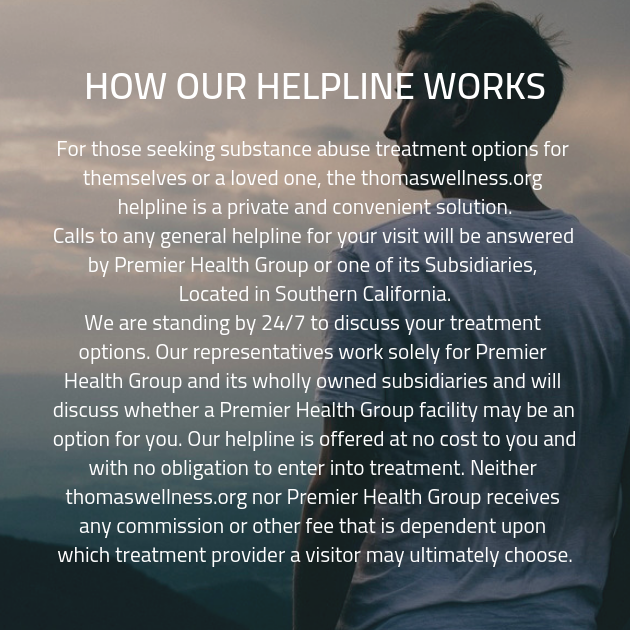Why ChooseThomas Wellness

Substance abuse is a formidable foe, but the journey to recovery is possible with the right support. Two primary approaches to addiction treatment are inpatient and outpatient programs, each with distinct advantages. In this article, we'll explore the differences between these two approaches and how they can help someone suffering from substance abuse find the path to recovery.
Inpatient Addiction Treatment:
1. Residential Care: Inpatient programs involve individuals living within a treatment facility for a specified duration, which can range from weeks to several months. This immersion in a therapeutic environment is ideal for those with severe addiction.
2. 24/7 Supervision: Inpatient programs offer round-the-clock medical and emotional support, providing a safe and controlled environment that minimizes exposure to triggers and substances.
3. Intensive Therapy: These programs offer a wide array of intensive therapies, including individual counseling, group therapy, family therapy, and specialized treatments. The immersive nature allows individuals to delve deep into the root causes of their addiction.
4. Structured Routine: Inpatient programs follow structured daily schedules that include therapy sessions, physical activities, and nutritious meals, teaching individuals discipline and time management.
5. Supportive Community: The close-knit environment of inpatient programs creates a sense of community and support among participants, offering a powerful motivator for lasting recovery.
Outpatient Addiction Treatment:
1. Flexibility: Outpatient programs allow individuals to live at home and attend therapy sessions at specified times, offering greater flexibility to maintain work, school, or family commitments.
2. Lower Cost: These programs are often more cost-effective than inpatient treatment, making them accessible to a broader range of individuals.
3. Gradual Reintegration: Outpatient programs allow individuals to gradually reintegrate into daily life while receiving ongoing support, making them suitable for those with a milder addiction or strong support systems.
4. Independence: Outpatient treatment promotes self-reliance, as individuals are responsible for avoiding triggers and maintaining sobriety outside of treatment hours.
Choosing the Right Program:
Selecting the appropriate treatment program depends on various factors:
1. Severity of Addiction: For severe addictions, inpatient treatment is often the recommended choice due to its immersive and structured nature.
2. External Support: Individuals with a strong support system at home may benefit from outpatient programs, while those lacking support may find inpatient treatment more effective.
3. Financial Considerations: Cost can be a significant factor. Outpatient programs are generally less expensive, but inpatient programs may be necessary for those with severe addiction.
4. Time Commitment: Consider the availability of time and willingness to commit to the treatment process. Inpatient programs require full-time dedication, while outpatient programs offer more flexibility.
In the journey to recovery from substance abuse, both inpatient and outpatient addiction treatment programs play a vital role. The choice between the two depends on individual circumstances and needs. Inpatient programs offer immersive care, structure, and a supportive environment, ideal for severe addiction cases. Outpatient programs provide flexibility, lower costs, and the opportunity to maintain daily responsibilities. Both approaches can help individuals suffering from substance abuse, guiding them towards the path to recovery, health, and a brighter future. The key is to seek the most suitable program that aligns with the individual's unique situation and requirements.



